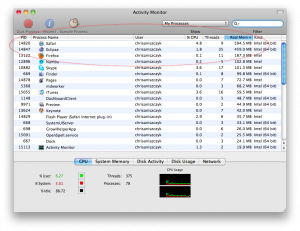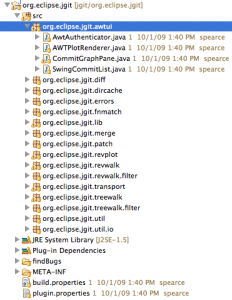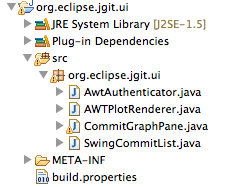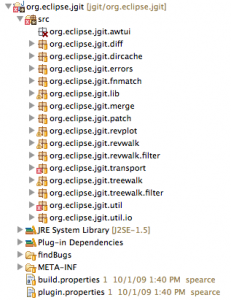Yesterday, the Symbian Foundation announced the release of the Symbian microkernel and development kit under the Eclipse Public License (EPL).
“The release of the microkernel demonstrates three vital, guiding principles of the foundation: first, the commitment of many community members to the development of the platform – in this case, Accenture, ARM, Nokia and Texas Instruments Incorporated (TI) all made contributions; second, progress in fulfilling our commitment to a complete open source release of Symbian; and third, a tangible example of providing the most advanced mobile platform in the world” said Lee Williams, Executive Director, Symbian Foundation.”
Good stuff. That’s going to be a lot of phones and devices with open source love in it.
Maybe Gartner’s prediction of open source dominance by 2012 will happen sooner?
Gartner believes that 80 percent of all commercial software applications will include open-source components by 2012. Gartner notes that the value and robustness of open-source software offers compelling opportunities for commercial software developers to reduce development costs.
I think open source and open development is in. Will people care though?
Ok, now back to watching those DroidDoes commercials…













